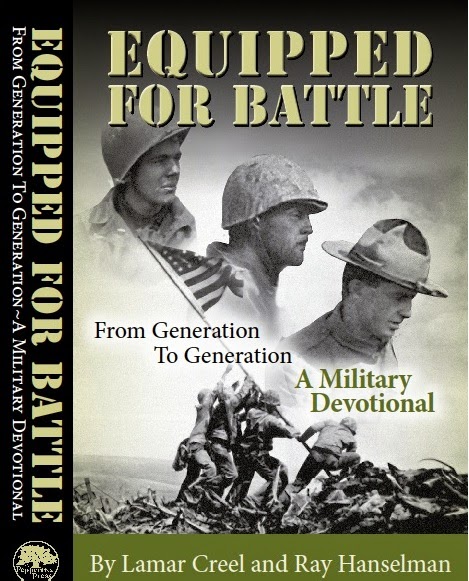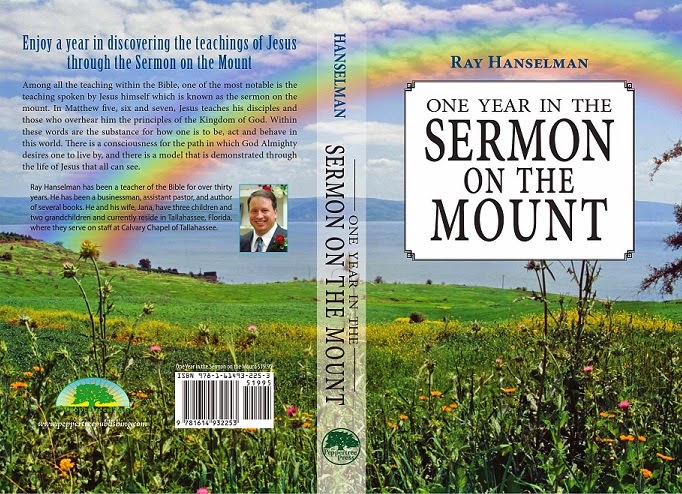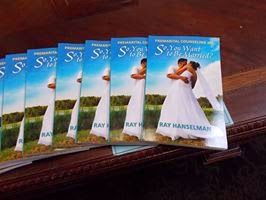After acknowledging the sins
and iniquities of the prophets and priests within Jerusalem, Jeremiah
said they wandered in the streets and defiled themselves with the
blood of those who were destroyed. In chapter four and verse fifteen
we see the results of their being defiled where we read:
They
cried unto them, Depart; it is unclean; depart, depart,
touch not: when they fled away and wandered, they said among the
heathen, They shall no more sojourn there.
The
verse begins, “They cried unto them, Depart; it is
unclean; depart, depart, touch not:” Whenever a person touched
someone and was defiled by blood, they were to depart from them, not
touch them, and warn others of their uncleanness. Because of the sins
of the prophets and priests the entire city of Jerusalem was unclean,
and the people of Jerusalem had to flee from it.
The
verse continues, “when they fled away and wandered, they
said among the heathen, They shall no more sojourn there.”
Once again we see the reaction
of the neighbors of Jerusalem. The inhabitants of the city could no
longer “sojourn”
which means “abide, dwell in, dwell with, remain, inhabit,
be a stranger, or be continuing” within the city. The “fled
and wandered”, and they became the ridicule of “the
heathen” because of the unfaithfulness of their religious
leaders.
As we think about Jeremiah's
words, we may not be able to relate to the idea of having to declare
ourselves “unclean” but we do know what it means to be
ostracized. In this case the criticism came because of the fault with
the leaders, and the people followed their lead. Everyone within the
city of Jerusalem suffered from their uncleanness of blood, and their
enemies were laughing because of it. Have we examined our own lives
lately? Is there spoil of “Blood” that would make us
“unclean” to others? If so, we may rely upon this fact, Jesus
Christ shed His blood upon the cross so we might be clean. Every sin
that caused us to be unclean Jesus paid for with His life, and now
rather than departing, we may draw closer and closer to Him. May our
prayer be to evermore live within His cleansing blood.
Next
time see why the people of Jerusalem were divided from the priests
and elders, so read ahead, and we shall join together then.
Until
tomorrow...there is more...
Look
for the daily devotional book “Equipped for Battle – From
Generation to Generation”, the marriage book “So, You Want to Be
Married”, and the new devotional “One Year in the Sermon on the
Mount” in all major bookstore sites, www.amazon.com ;
www.barnesandnobles.com ; download to e-books, and find it locally at
www.mrzlc.com/bookstore









































